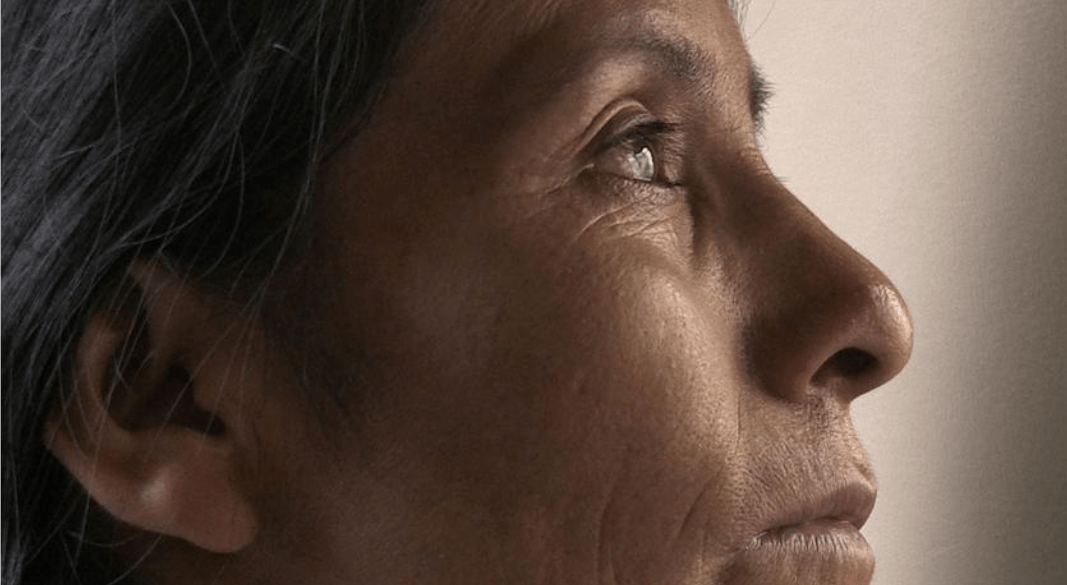
Some in the United States may be familiar with the murder of Berta Cáceres, who led an indigenous resistance against the Agua Zarca dam in Honduras, earlier this year. But a new report from Oxfam warns there is a much bloodier campaign of violence directed at human-rights activists across Latin America.
Titled, “The risks of defending human rights: The rising tide of attacks against human rights activists in Latin America,” the report states that while 185 human-rights defenders murdered worldwide in 2015, 122 of these murders occurred in Latin America.
Much of this killing appears to be direct relation to protests against trans-national extractive enterprises, often involving firms from Canada and the United States benefiting from state support.
“This trend appears to be continuing in 2016, given that 24 defenders were murdered in Brazil in the first four months of the year; 19 defenders were killed in Colombia between January and March; seven were murdered in Guatemala between January and June, and at least six defenders in Honduras and two in Mexico were assassinated between January and April,” the report authors write.
This situation is linked to an economic model that fosters extreme inequality and impacts negatively on the fundamental rights of the people. It is the result of harassment entrenched in a patriarchal culture and governments’ failure to fulfil their human rights obligations and the influence of powerful groups on governments that limits their role as guarantors of human rights for their citizens.
The number of human rights activists and environmentalists killed in Latin America has dramatically skyrocketed in recent years, found a report called “El Riesgo de Defender,” or the Risk to Defend, released Tuesday by Oxfam, while extractive projects have spread in rural and Indigenous areas.
“The region has fallen into an unthinkable spiral of violence, and this must stop. Too many lives have been lost, and harassment against human rights defenders continues with impunity. It is time for governments to take action, with no more excuses or delays,” said Asier Hernando, Oxfam’s Regional Deputy Director in Latin America and the Caribbean, reported Common Dreams.
Oxfam was not the first organization to raise awareness about the attacks affecting the region, as it records the highest rate of homicides of human rights activists in the world, at 65 percent.
In 2015, 122 activists were killed. In 2015, between January and May, 58 were killed, according to Global Witness, including prominent Honduran environmentalists Berta Caceres, Jose Angel Flores and Silmer Dionisio Jorge.
The impunity rate is quite stunning in most of the cases, as 98 percent of murders have not faced judicial procedure in Mexico and Colombia in recent years. Women are even more targeted than male activists, the report also found.
“We are witnessing an unmitigated rise in attacks, including killings of leaders who fight in their own countries for basic human rights such as equality, access to water, or access to water or land,” Hernando added.
Earlier in October, TeleSUR reported on the extremely violent crackdown in Honduras against those protesting the targeting of human-rights organizers there.
If you are left wondering what to do about state repression Honduras, the key is in campaigning against the United States and Canadian companies and calling out the policy makers that benefit from this rampant corruption and intimidation.
Don’t write letters of protest to the regime. They are impervious to them. In power since the 2009 coup, the economic, military and political elites care about two things: maintaining their mutually beneficial economic and political relations with and support from the international community (primarily: governments of U.S., Canada and the European community; the World Bank and Inter-American Development Bank; and a host of global investors and companies working in the sectors of African palm, sugar cane, bananas, garment “sweatshop” factories, mining and tourism); and, maintaining relations with and support from the U.S. military.
Instead, consider supporting the work of the Honduras Solidarity Network, which describes itself as “a decentralized network of approximately 30 organizations from across Canada and the United States that are committed to demonstrating and advocating for solidarity with the Honduran social movement.”








